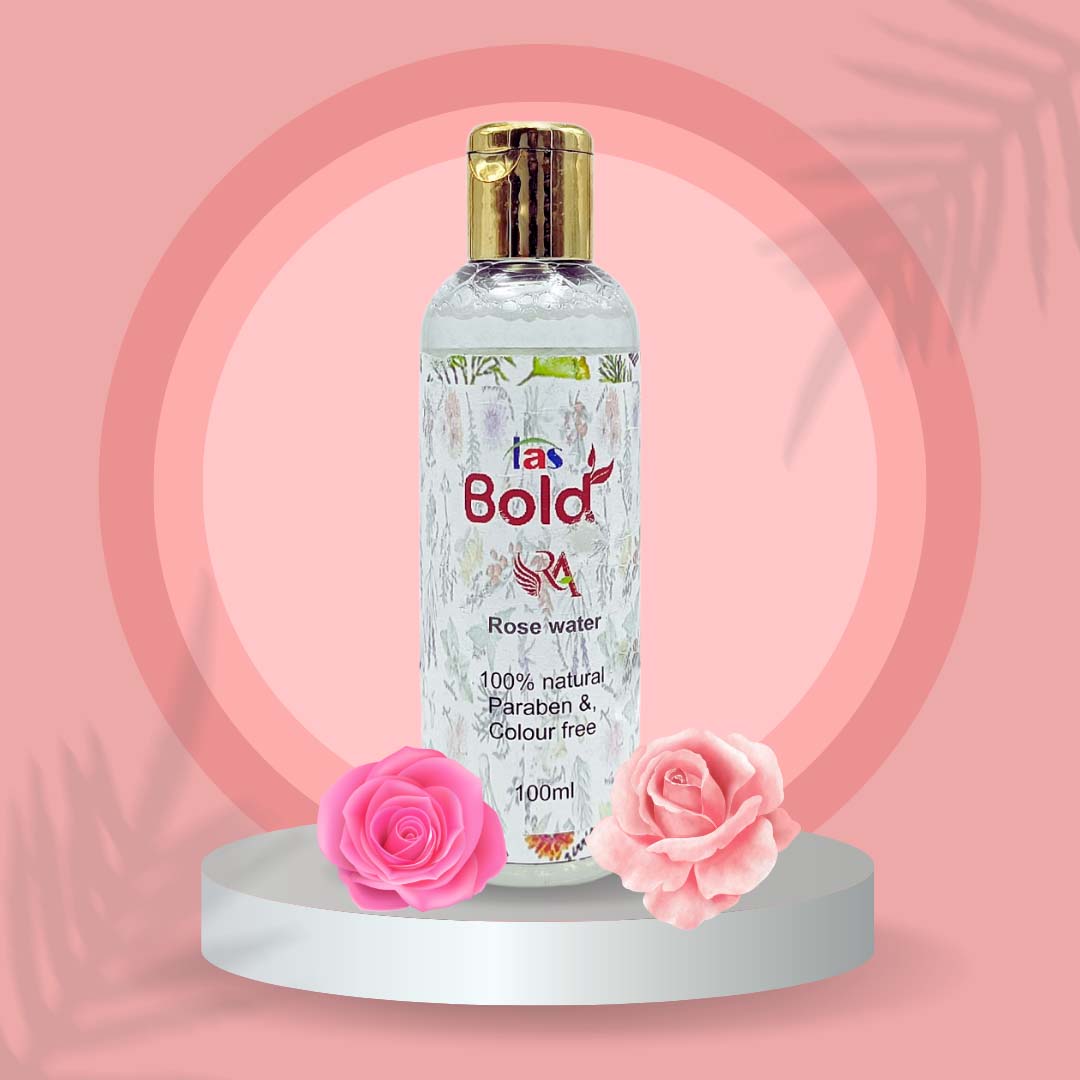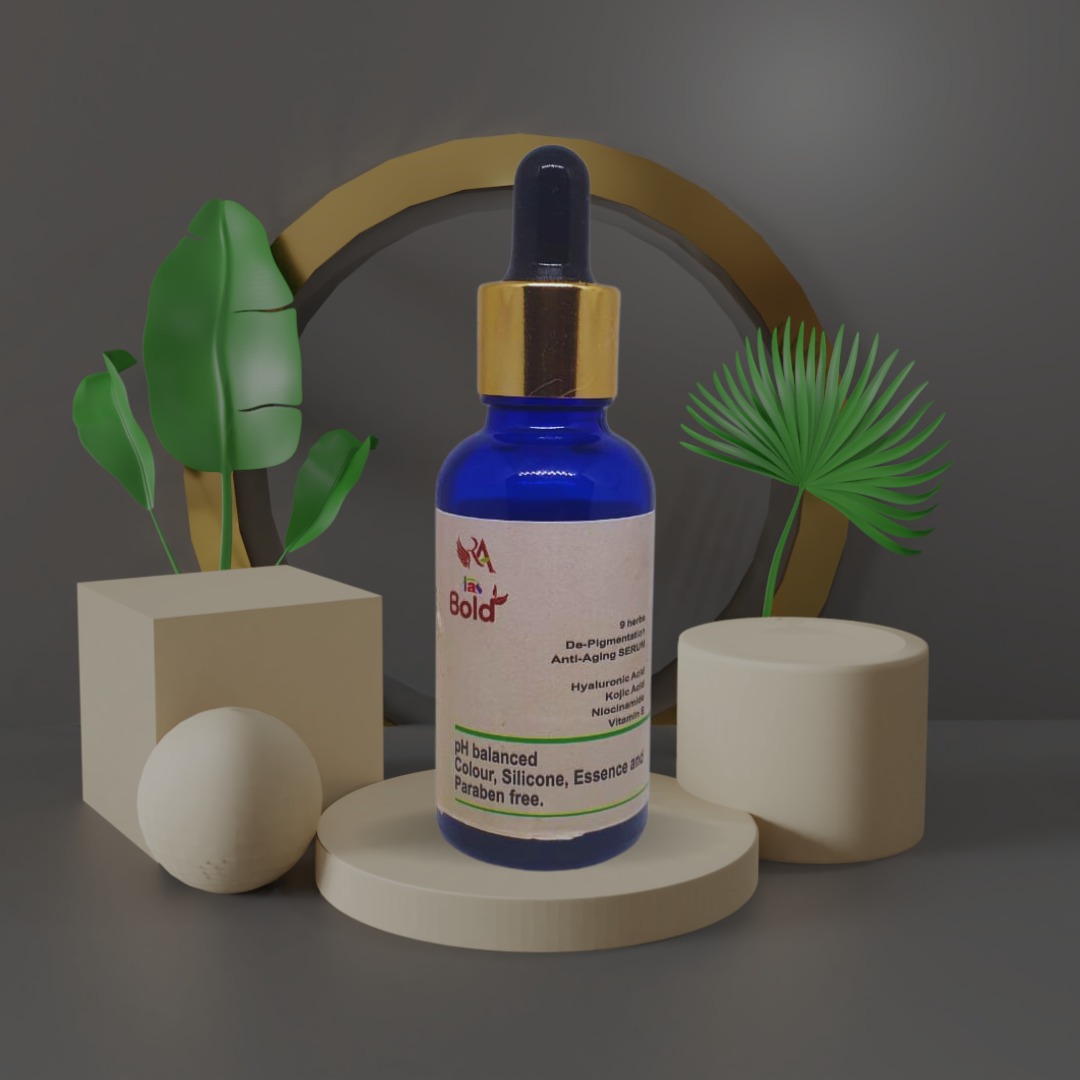
Introduction:
Starting a pre-winter skincare routine is a great way to prepare your skin for the harsher, colder months ahead. Here’s a guide to help you transition smoothly:
1. Switch to a Gentle Cleanser
– Why: Cold weather can strip your skin of its natural oils, so a gentle, hydrating cleanser helps maintain moisture levels.
– Tips: Look for creamy or oil-based cleansers that don’t leave your skin feeling tight or dry.
2. Incorporate a Hydrating Toner
– Why: Toners with hydrating ingredients can lock in extra moisture, balancing out any dryness from the cold air.
– Ingredients to Look For: Hyaluronic acid, rose water, or glycerin.
3. Add a Heavier Moisturizer
– Why: Your skin may need a thicker moisturizer to form a protective barrier against dry air and cold winds.
– Tips: Opt for a cream-based moisturizer with ceramides, shea butter, or oils like jojoba or almond to nourish and lock in hydration.
4. Use a Hydrating Serum
– Why: Serums with hyaluronic acid or peptides penetrate deeper layers of the skin, providing intense hydration.
– Tip: Apply it on damp skin to boost its effects and follow up with moisturizer to seal it in.
5. Don’t Skip Sunscreen
– Why: UV rays are still present in winter, and sun damage can occur year-round.
– Tip: Choose a broad-spectrum SPF 30 or higher, even on cloudy days.
6. Introduce Nourishing Oils
– Why: Face oils can act as a sealant, locking in moisture and protecting skin from environmental dryness.
– Good Choices: Argan oil, rosehip oil, or squalane, which are lightweight but deeply hydrating.
7. Exfoliate Less Frequently
– Why: Exfoliating too much can strip the skin, making it more susceptible to dryness.
– Tip: Reduce exfoliation to once a week or switch to a gentler exfoliant.
8. Lip and Eye Care
– Why: The skin around the lips and eyes is delicate and can dry out easily.
– Tips: Use a hydrating eye cream and a nourishing lip balm with ingredients like shea butter, coconut oil, or beeswax.
9. Hydrate from Within
– Why: Staying hydrated is key to skin health.
– Tip: Increase your water intake, eat hydrating foods like fruits and vegetables, and consider herbal teas.
10. Weekly Masking
– Why: A hydrating mask once a week can give your skin an extra boost.
– Good Masks: Look for sheet masks or cream masks with ingredients like aloe vera, honey, or avocado.
Starting this routine before winter fully sets in will help strengthen your skin’s resilience, ensuring a smoother transition and a glowing complexion all season long.





